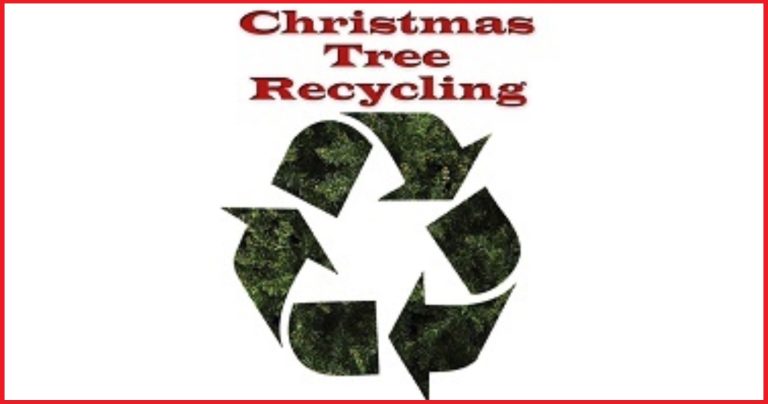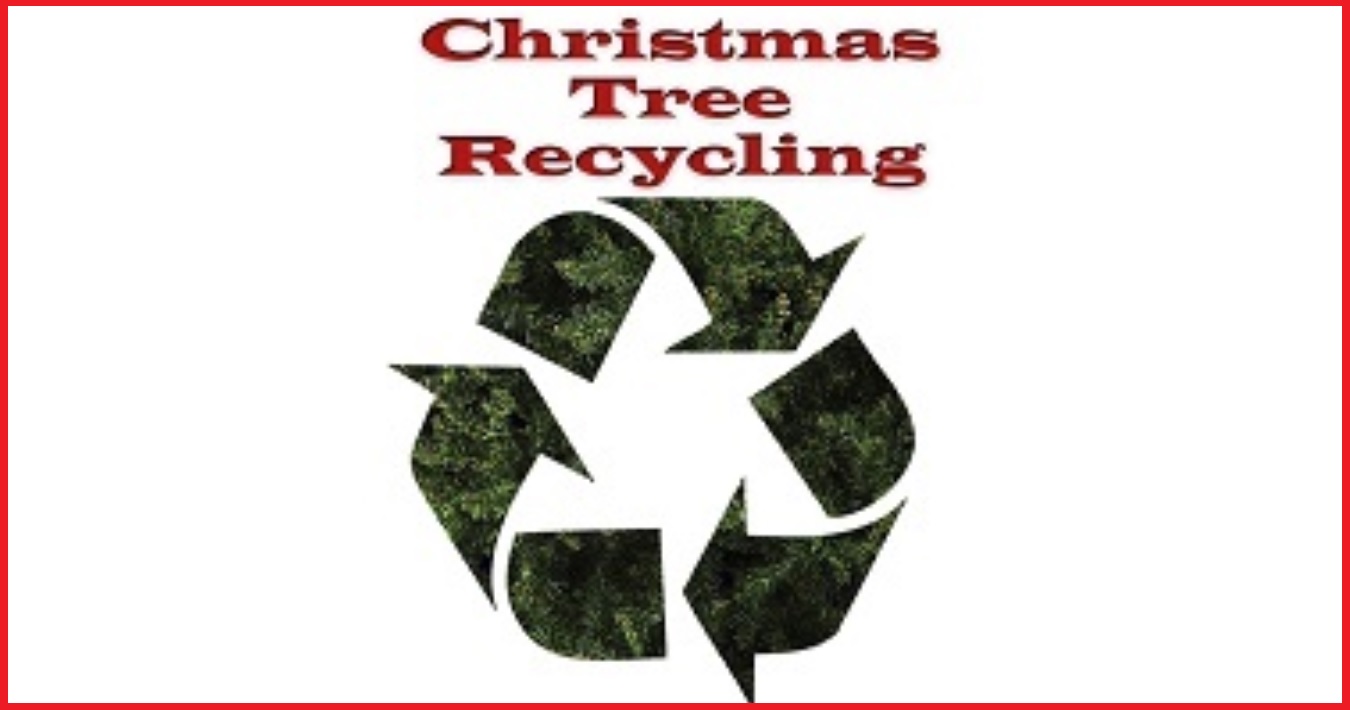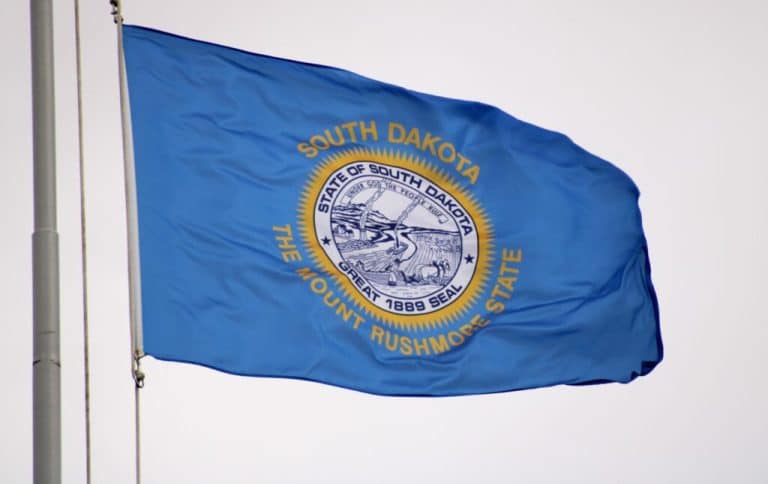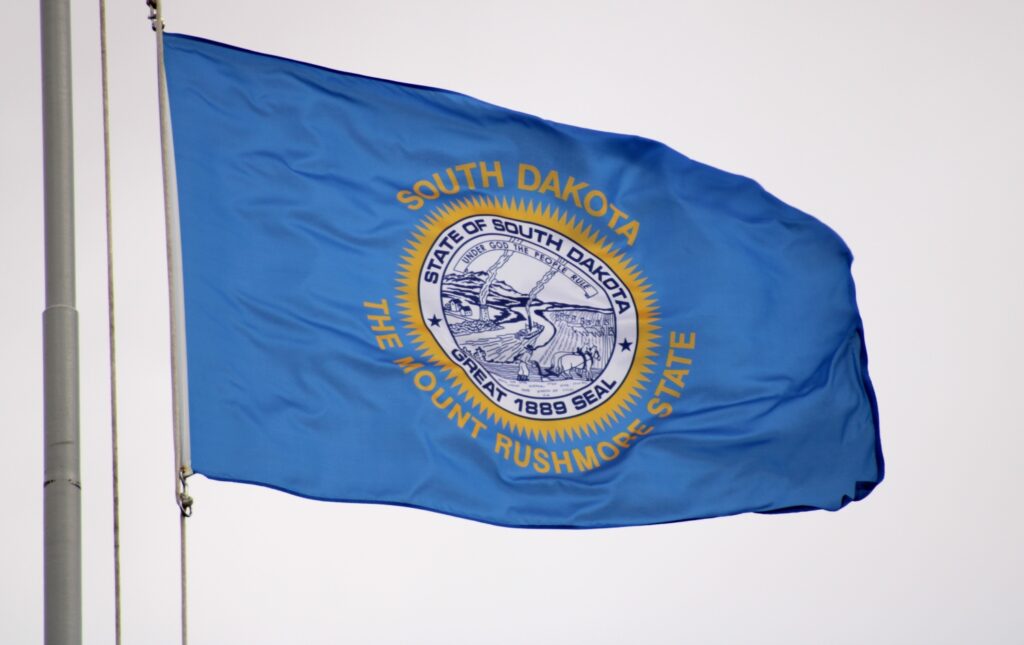PIERRE, SD – Many South Dakotans feel that democracy is not working very well in America right now, but those same people are highly supportive of their own right to make law directly from the voting booth.
According to a recent statewide poll, a wide majority of South Dakota residents supports the citizen-led ballot-initiative process as a way to make laws or change the state constitution, and a significant majority said they don’t want the state Legislature to make the process more difficult.
 The poll was conducted in late April through a partnership between South Dakota News Watch and the Chiesman Center for Democracy at the University of South Dakota.
The poll was conducted in late April through a partnership between South Dakota News Watch and the Chiesman Center for Democracy at the University of South Dakota.
In the telephone poll of 500 South Dakota residents from across the state, 74.8% of respondents said they agreed or strongly agreed that “citizen ballot initiatives are an important part of the democratic process.”
On a follow-up question, 62.6% of respondents said they disagreed or strongly disagreed that “the South Dakota Legislature should make it more difficult for citizen initiatives to get onto the ballot.”
Those same respondents show strong dissatisfaction with democracy in America overall, with 64.9% reporting they were dissatisfied or very dissatisfied with how democracy is working in America right now.
The margin of error in the poll was plus or minus 4%; respondents were generally aligned with the overall population of the state in terms of age, gender and political party.
Compared with Republicans, Democrats and Independents were far more likely to support the ballot-initiative process, and people in the age range of 18-34 were more supportive than older respondents.
The same was true on the question regarding legislative interference in the process, with Democrats and Independents the most opposed to legislative action to make the process more difficult, and those in the 18-24 age range by far the most opposed to legislative interference
“The ballot initiative gives the people a way to pass their own laws … the state motto is, ‘Under God, the people rule,’ and the ballot initiative the best way to live that motto.” said Amy Scott-Stoltz, president of S.D. League of Women Voters.
South Dakota lawmakers have taken several steps in recent years to alter the petition-circulation and ballot-measure process, moves that supporters say make the process more fair but that opponents say are attempts to restrict access to the statewide-ballot process.
The Legislature in 2017 voted to repeal Initiated Measure 22, a ballot initiative that would have created an ethics commission, implemented public funding of election campaigns and increased regulation of lobbying. The measure passed with about 52% of the vote, but lawmakers repealed the act and then-Gov. Dennis Daugaard signed the repeal.
In 2018, Initiated Measure 24 banned out-of-state contributions to future constitutional amendments, initiated measures and referred laws that made their way to the ballot. It was challenged by two civil lawsuits. South Dakota voters approved the measure that was later ruled it unconstitutional.
Also in 2018, lawmakers referred a constitutional amendment to the statewide ballot to require a 55% passage threshold for future initiatives, which voters defeated. A separate measure to require future ballot measures to contain only one topic was passed.
In 2020, lawmakers passed and the governor signed a law to create a registry of petition circulators, require them to wear badges, and make some of their personal details, including phone number and email address, public information. A judge recently ordered a stay on part of that legislation. Lawmakers last session also passed a law requiring ballot language on petitions to be printed in at least 14-point type size.
In 2020, a majority of South Dakota voters approved both medical marijuana and recreational marijuana; one through an initiative process, the other through a constitutional amendment. Both measures are being challenged; recreational through legal proceedings and medical through political and bureaucratic delays.
In 2021, Republican legislators put a measure on an upcoming statewide ballot that will require a 60% majority vote for some measures to pass instead of the 50% threshold now in place.
That measure would apply to initiatives that create new taxes, raise taxes or cost more than $10 million – over a 10-year period. The measure will be on the next primary election ballot June 7 that is typically dominated by Republican voters.
Lawmakers in other U.S. states have been increasingly proposing or passing laws to make it harder for citizen-led initiatives to get on the ballot or make it easier to alter or throw out the results, according to the progressive Ballot Initiative Strategy Center. The center is tracking 125 bills in 28 states that would make it harder to get initiatives on the ballot or for them to pass.
South Dakota lawmakers are part of a national increase in the frequency with which state legislatures alter or throw out completely, ballot initiatives that have been passed by voters.













